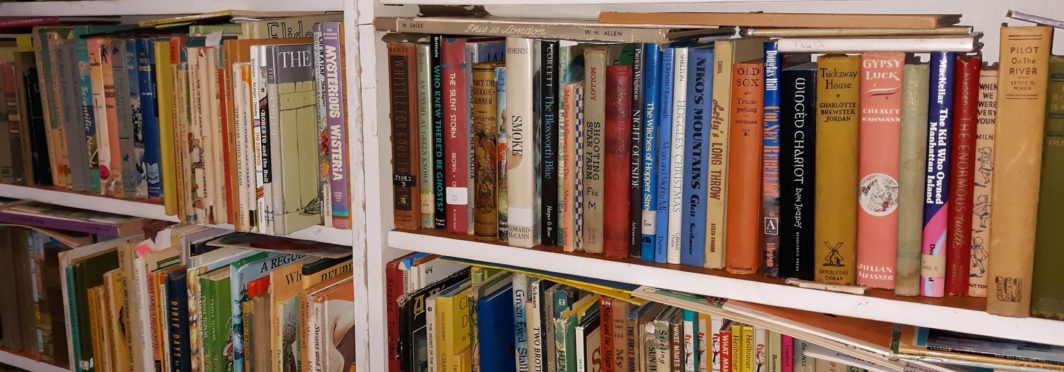Children’s books are short. They’re easy to write, right? No need to edit, right? Or, if you are editing a children’s book, it won’t take much, right?
Wrong on all counts.
Any professional writer knows that it’s much harder to write short than to write long. You need the same information and richness, but now you have to cram it all into just a few words. So, your word choice has to be spot on in short kids’ books.
I’ve talked about putting your inner critic on hold during the creative process. Here’s where you need to resurrect that unflinching judgment. When editing a children’s book you’ve drafted, you’ll want to make sure your plot works for young readers, deal with any holes, make sure your characters are memorable, and that each has a distinct voice and character arc. If you’re working on a picture book or an early reader book, pare it down until every detail you’ve included is essential. Once you’ve got your content where you want it, go backthrough a second time and scrutinize your language—word choice, pacing, tone, and level of complexity. Polish on your third go-around.
Once you’ve finalized these rounds of editing, it’s time to test out your book on readers. Friends and family are convenient, but all too often will tell you what you want to hear. Writing communities like Children’s Book Authors and Children’s Book Writers & Illustrators on Facebook or a local writing group can be more objective and truthful. Luckily, kids also tend to react super honestly, and their opinions are the ones you most need to heed since they’re your audience.
Of course, you can also bring in a professional editor. That can make all the difference. Reedsy’s blog post, “How to Find a Children’s Book Editor in 6 Simple Steps,” tells the story behind Eric Carle’s The Very Hungry Caterpillar, which has sold more than 50 million copies since its 1969 publication. The question is at what point in the process do you bring in the pros and for what. An early draft of the manuscript, titled A Week With Willi the Worm, was about a worm. When editor Ann Beneduce suggested turning the worm into a caterpillar, Carle realized the caterpillar could become a butterfly. I’m sure he wasn’t super excited about having to do a rewrite, but I’m guessing he got over that.



Sorry, comments are closed for this post.